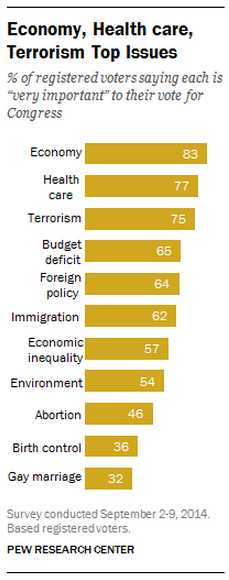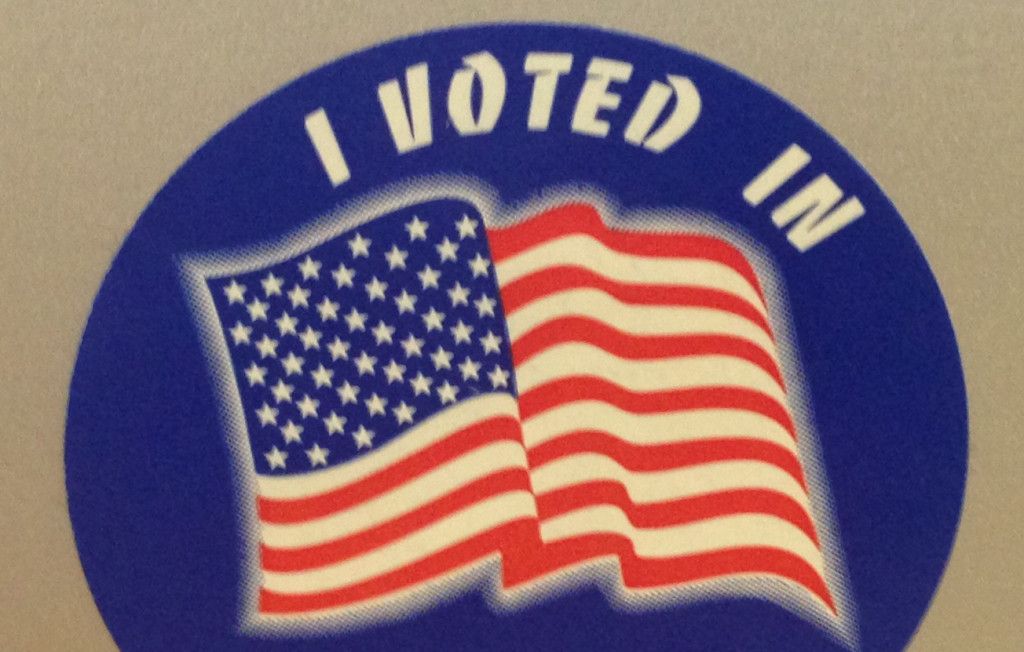Despite $85 million from national environmental PACs and billionaires like Tom Steyer in this election cycle, voters still prioritize the economy over environmental issues. Even the left-wing magazine Slate had the good sense to point out the realities of voter priorities:
“What has all that green gotten these green groups? Not a whole heck of a lot. Steyer and his like-minded allies opened their checkbooks with the hopes of making climate change a front-burner issue. But as the most expensive midterm election in American history wraps up, it’s clear that environmentalists will fall far short of that goal…you find an electorate that’s much more likely to pick a candidate based on the economy, Obamacare, and terrorism than her views on the environment.” [Emphasis added]
Green groups’ money on changing voter priorities has mostly been wasted. Hedge fund billionaire Tom Steyer has shelled out $57 million of his own personal funds, and the League of Conservation voters spent almost $25 million. Steyer’s PAC, NextGen Climate, doled out some of its money on advertisements that only tangentially had to do with climate issues, like this video attacking Cory Gardner’s positions on abortion and same-sex marriage:
Or else, advertisements that seem unrelated to any policy issue, like this “Bananas” video:
Wait, you mean that last one didn’t resonate with most would-be voters? Shocker.
As AEA pointed out last week, polling supports the conclusion that Americans don’t see climate change or environmental issues as their most important concerns. A Pew survey conducted in September revealed that the economy, health care, and terrorism are voters’ top three most important issues, with the environment trailing at 8th out of 11 concerns:

“Economy, Fiscal Issues Still Reign Supreme: As voters look toward the new year,four out of five (79 percent) said that Congress and the President should makejobs and the economy one of their top priorities for 2014. Other top priorities included health care (60 percent) and federal spending (59 percent). Less than half of votersthought attention should be on national security (41percent), immigration reform (39 percent), energy independence (35 percent), or environmental issues (31 percent).”
Steyer and his well-funded network of green “shadow organizations” should recognize that their money can’t make voters care about issues that are fundamentally unimportant to them.
